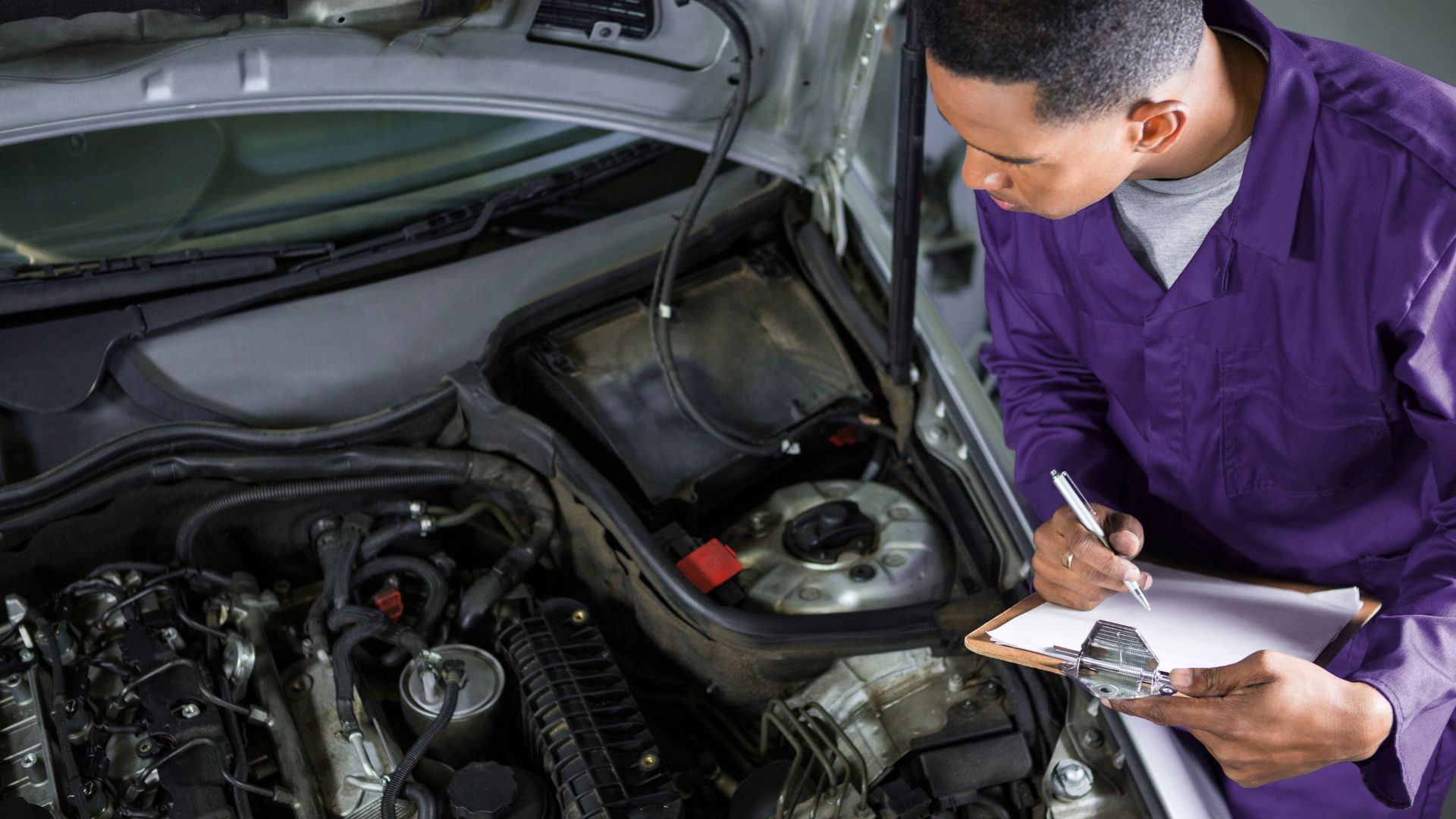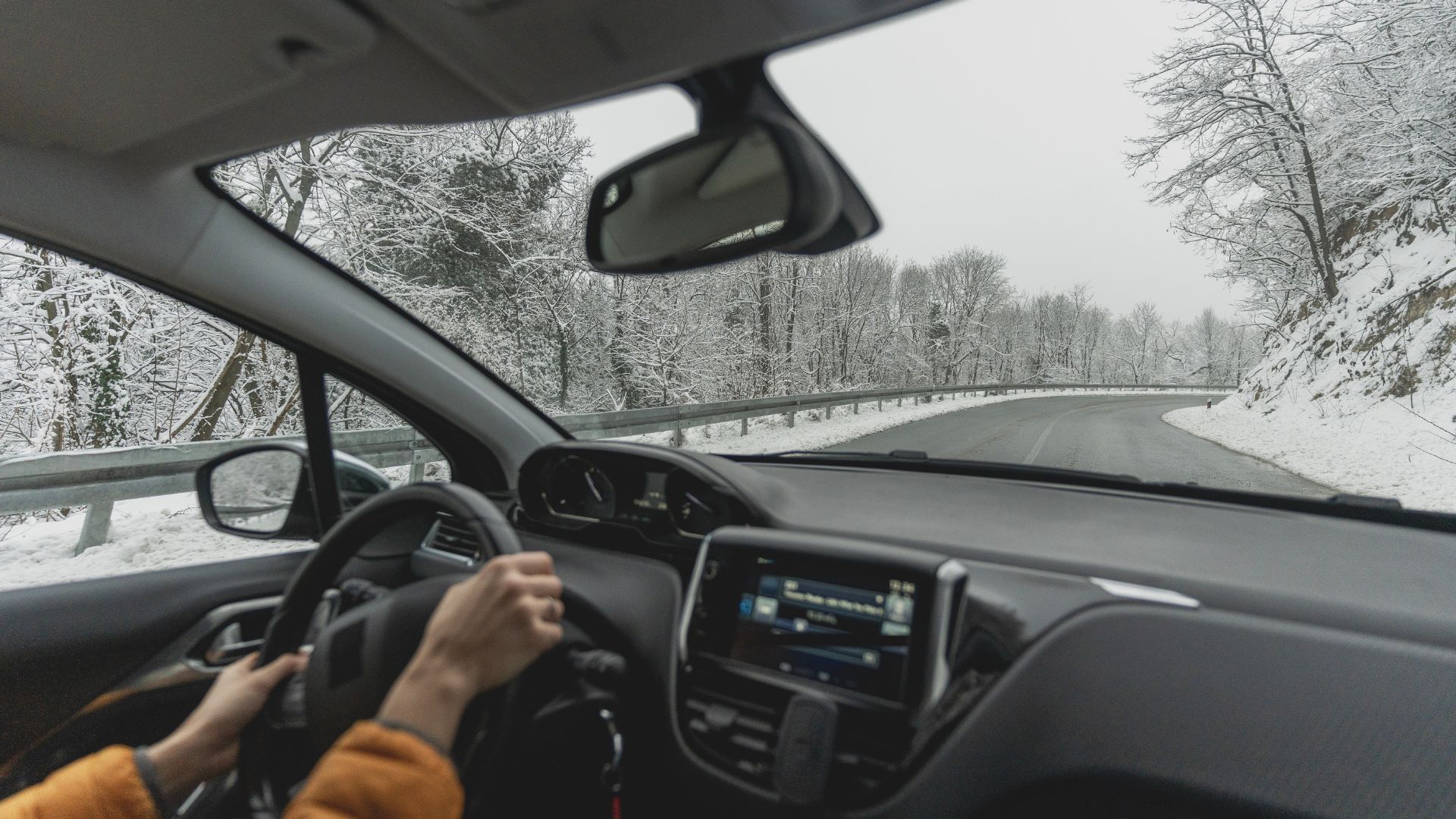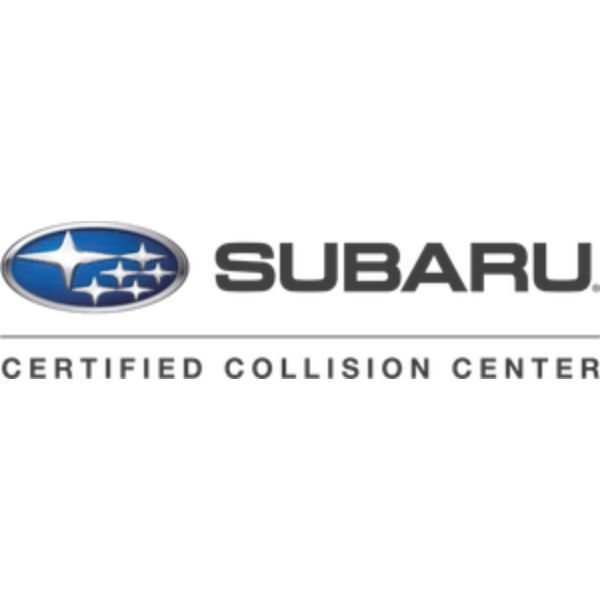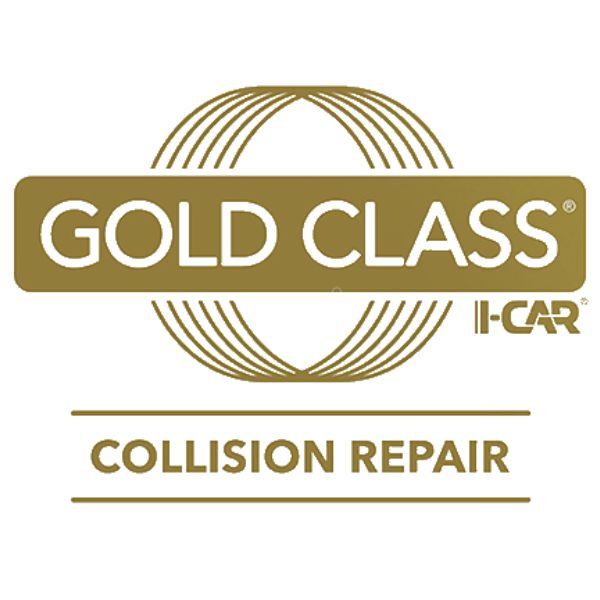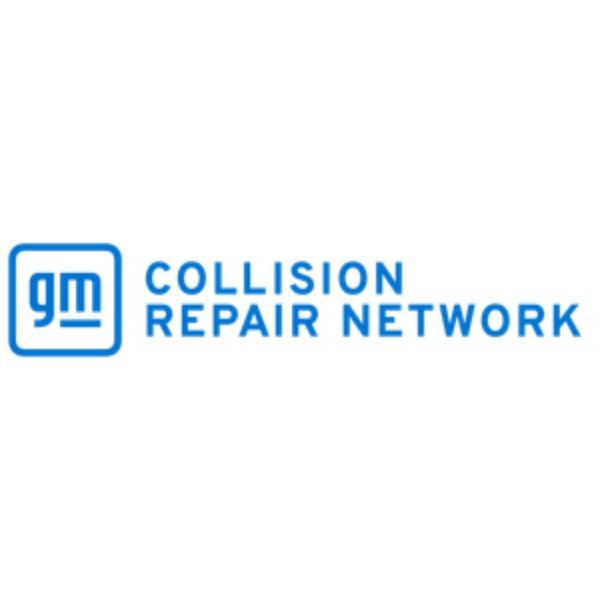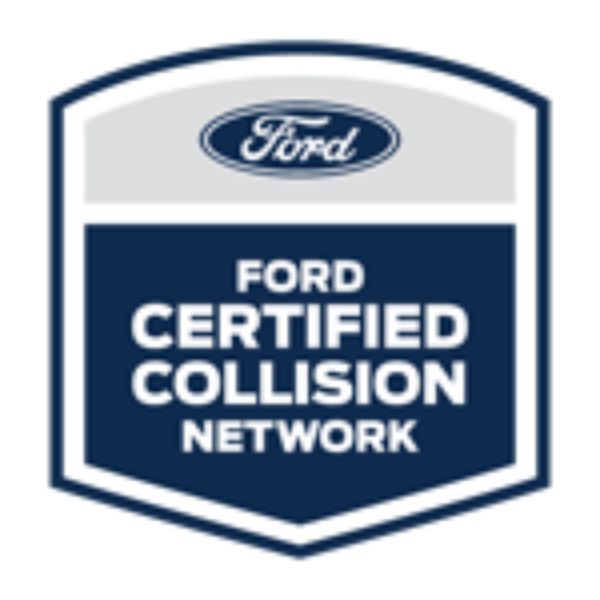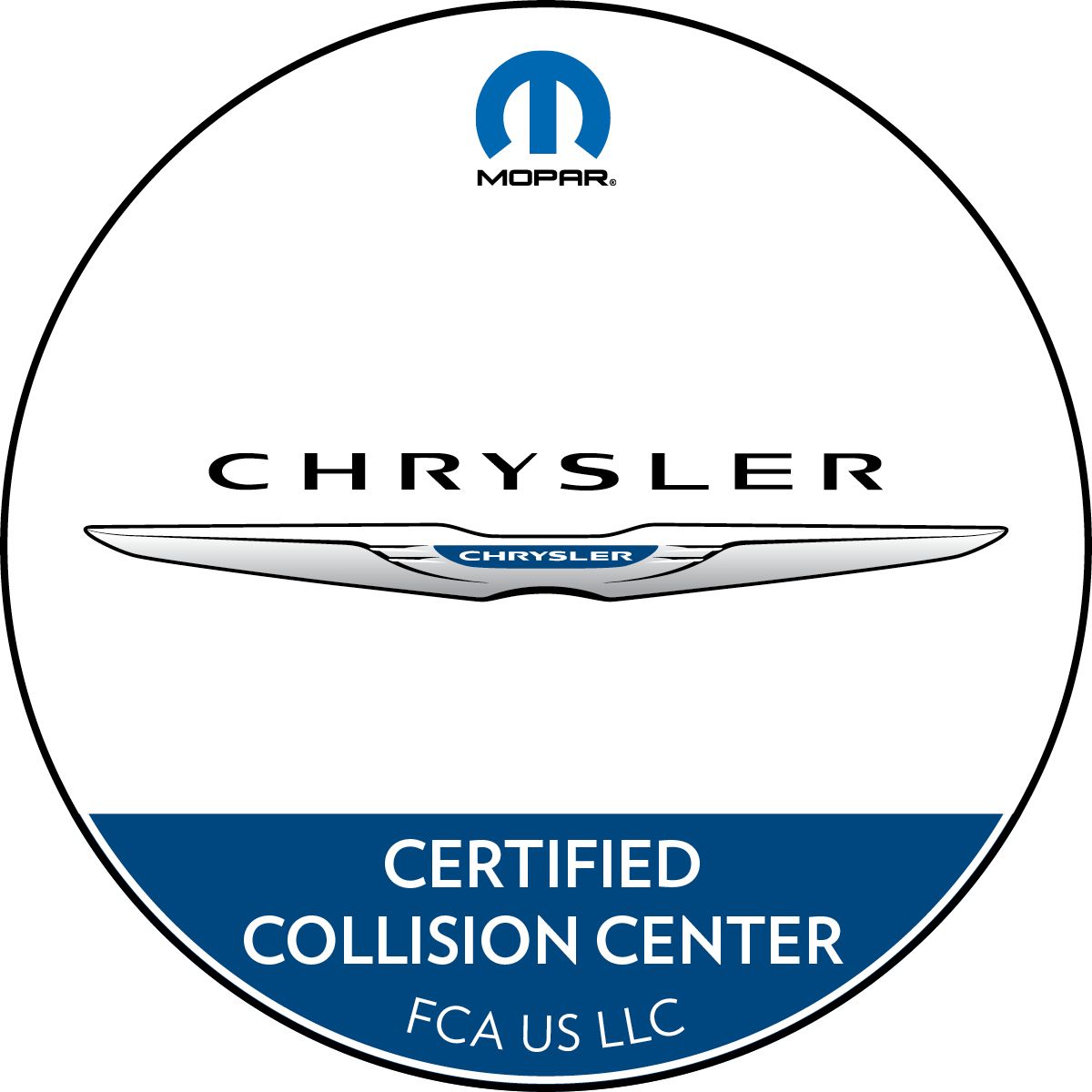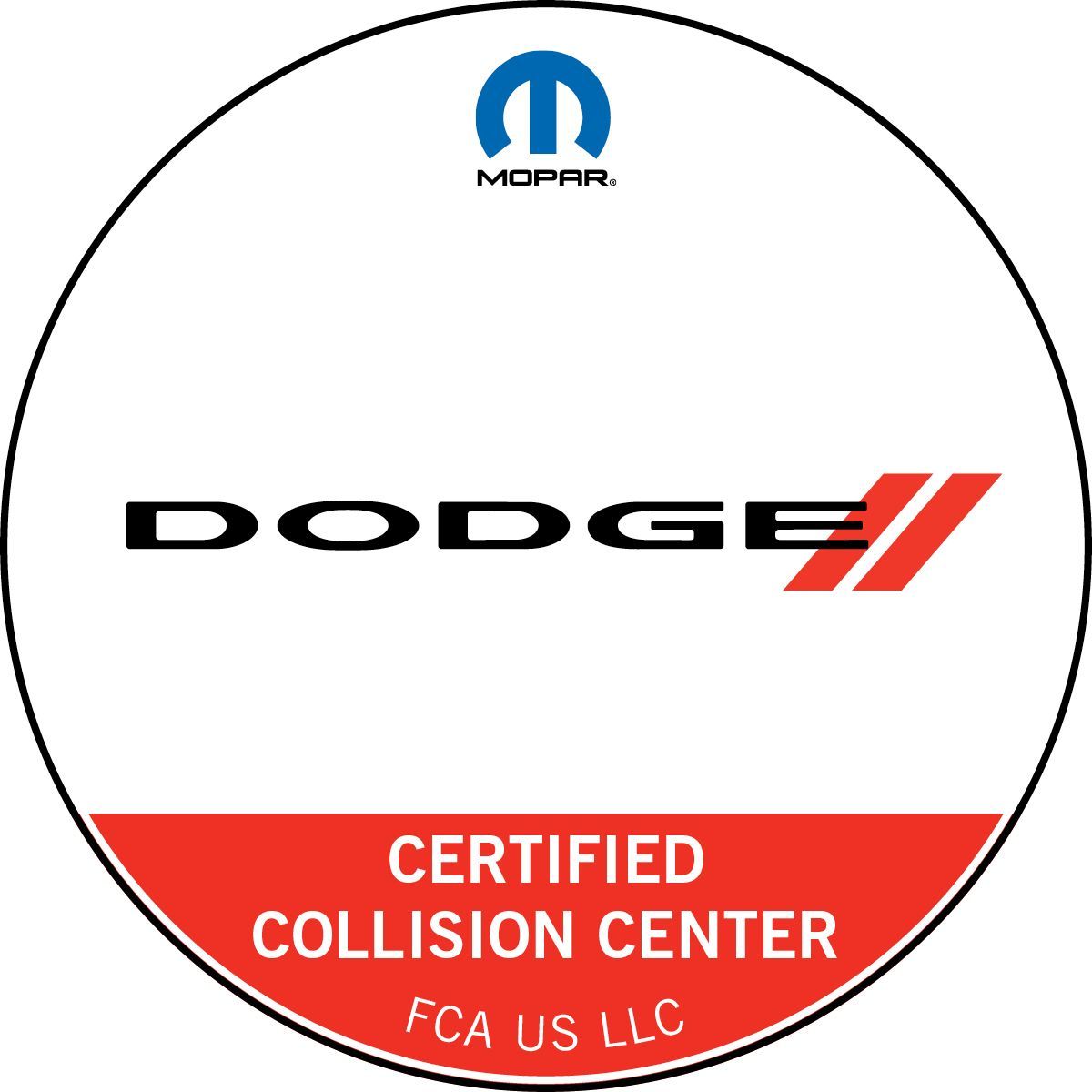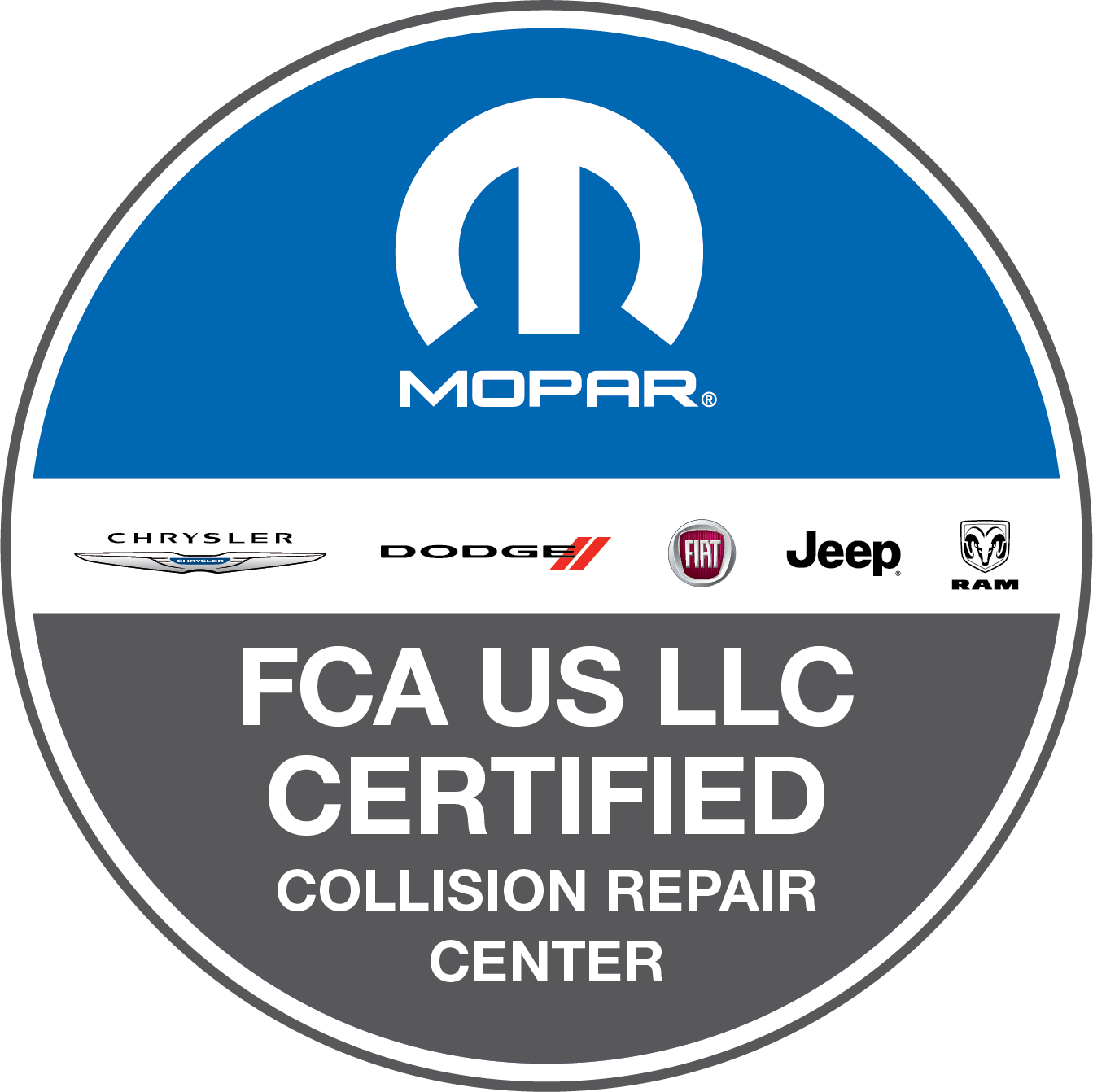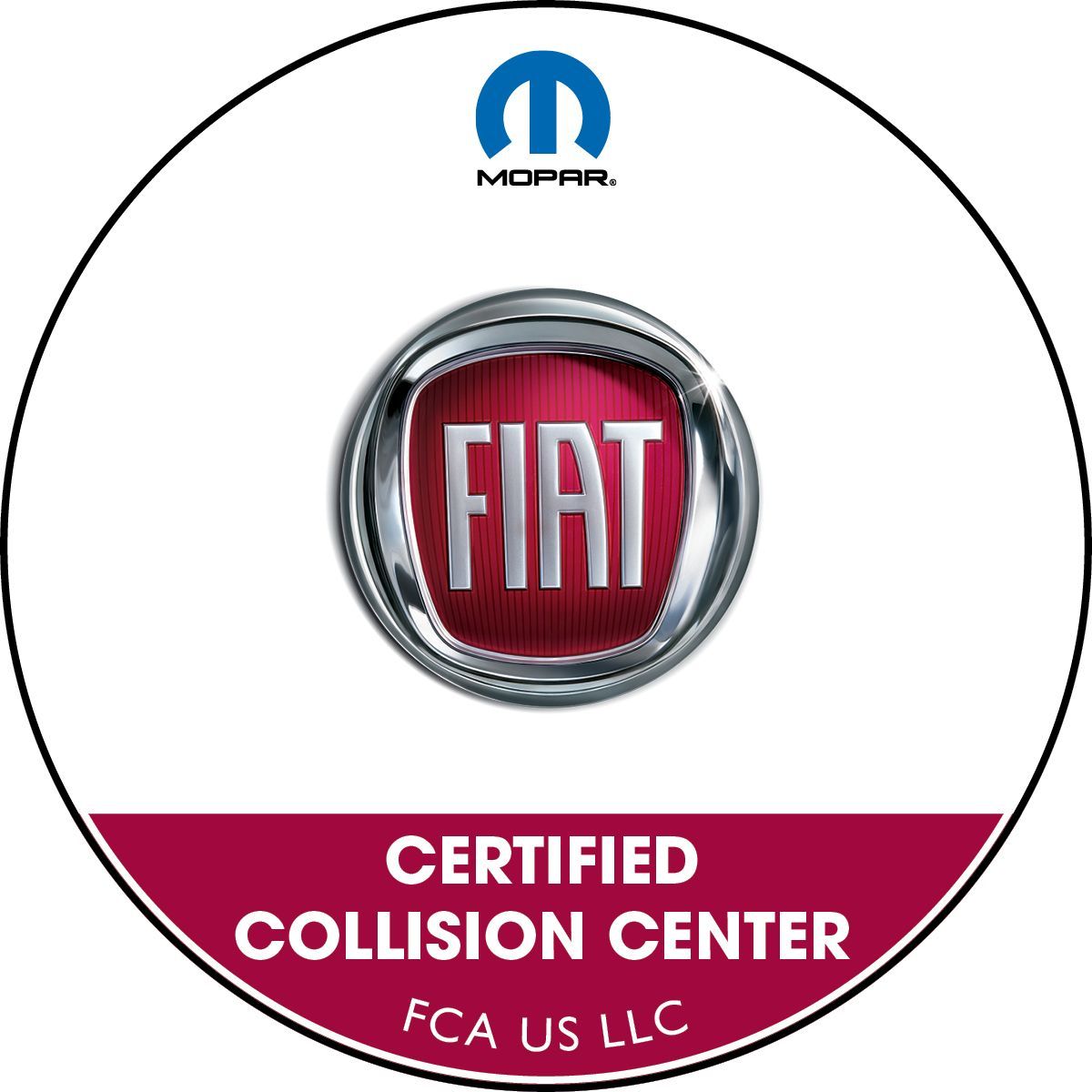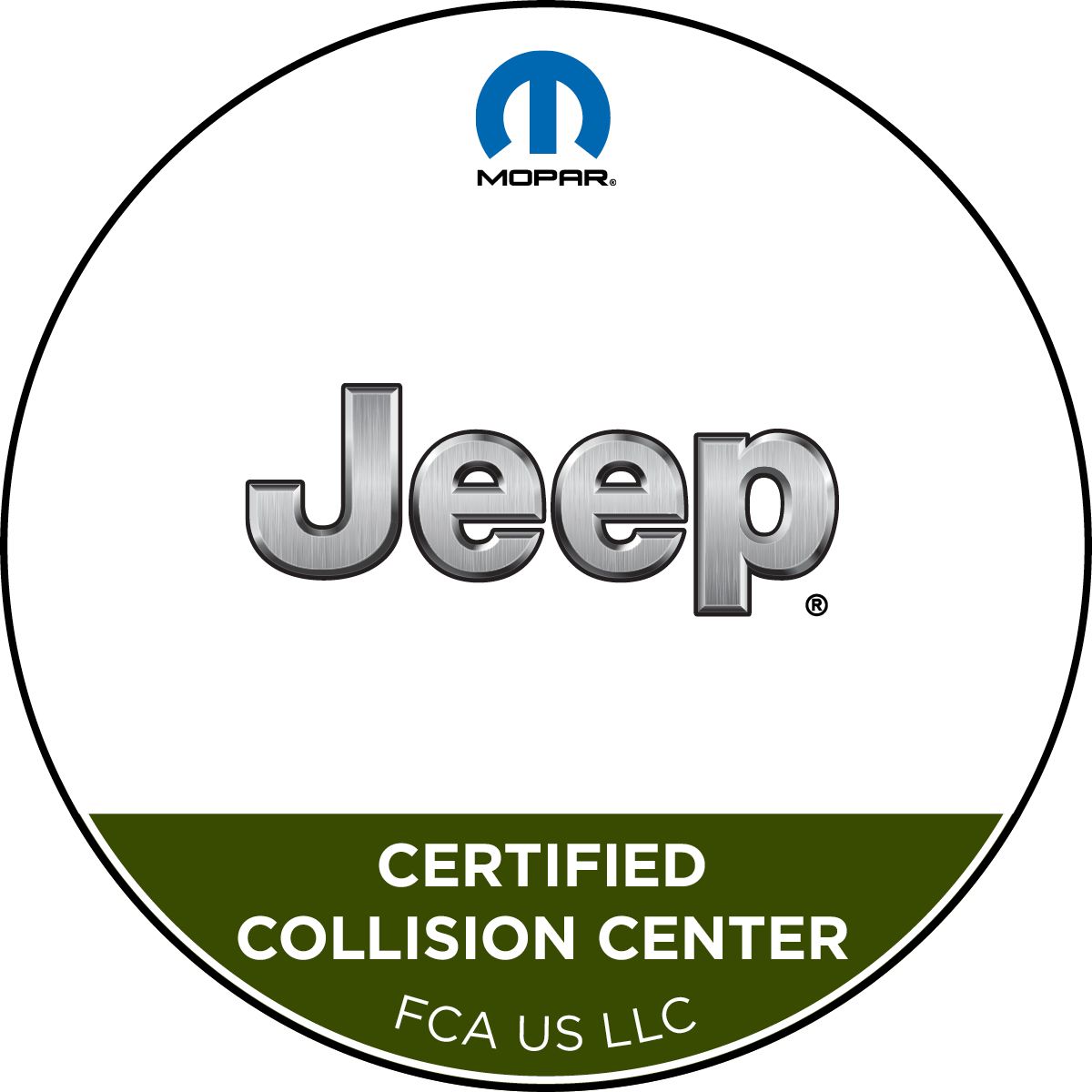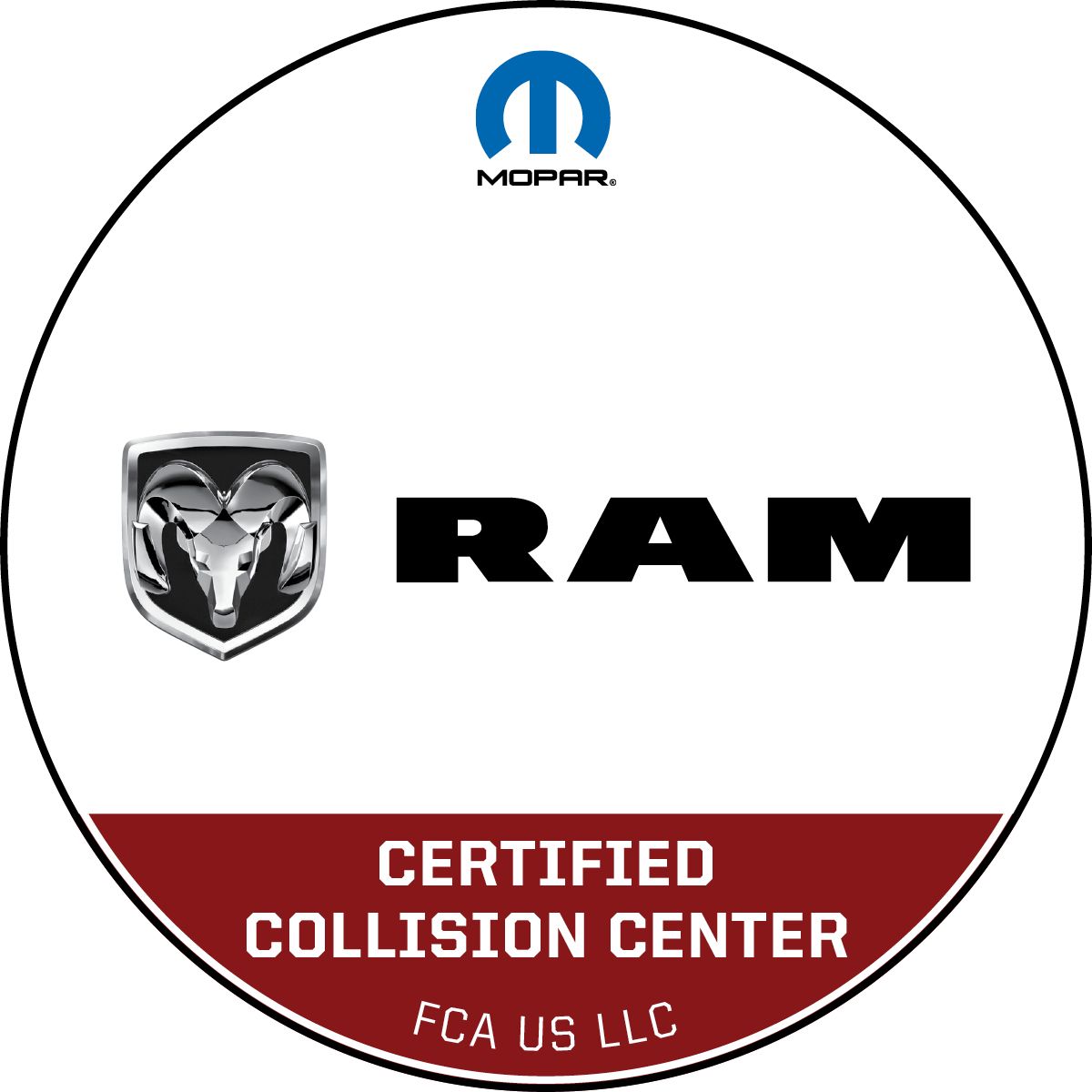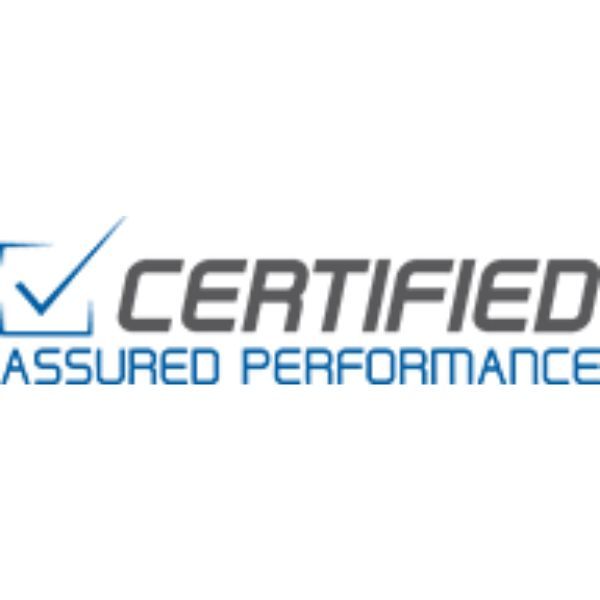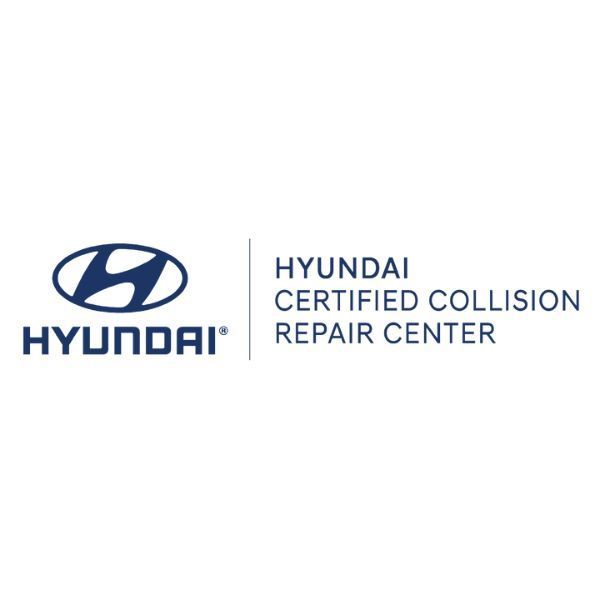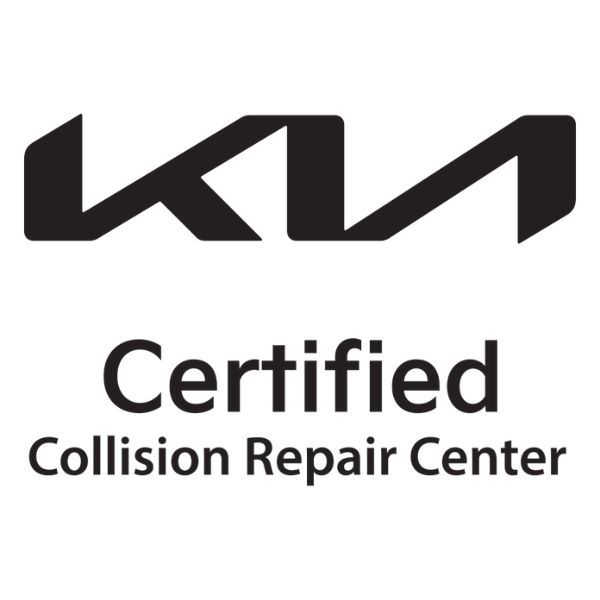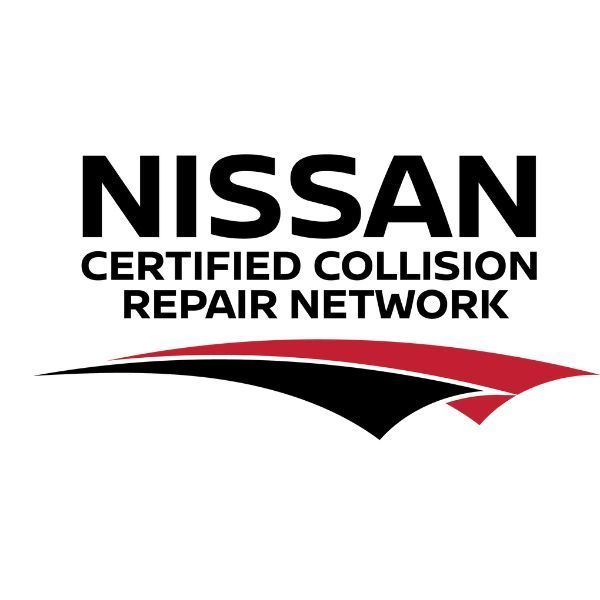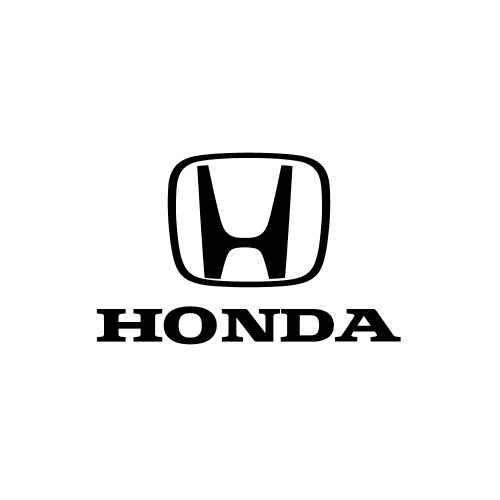Car Care Best Practices
Your car care can be improved by following the best practices to maintain your vehicle’s exterior and interior. Properly maintaining your car not only enhances its aesthetics but also ensures it lasts longer and retains a good resale value. Today, we’ll discuss some of the best practices surrounding washing, waxing, ceramic coating, detailing, food and drink consumption, mechanical maintenance, and collision repairs.
Wash Your Car Regularly
First, handwashing your car regularly is essential to properly maintain its paint. Good handwashes remove dirt, debris, and pollutants that can cause your car's paint to fade, scratch, or corrode. We recommend washing your car at least every other week to remove any contaminants. Bring your vehicle to our detail center or handwash it at home using mild car soaps, a microfiber mitt, and clean water to wash your car's exterior. Rinse off the car with water after scrubbing with the mitt and dry it with a microfiber towel.
Plan out Waxing and Ceramic Coatings
To protect your paint from the sun, rain, and other environmental elements, apply a coating of wax after handwashing every six months or call us for professional waxing services. Waxing your car helps to protect the paint and create a barrier that repels contaminants and keeps water beading off. Waxing your car also adds a glossy finish to the paint, making it look brand new. This technical process can be time-consuming, so we’d recommend reaching out to a detailer if you don’t have the time to regularly wax your car.
For the best results, wax your car at least twice a year. If you want long-term protection, you might consider ceramic coating to protect your vehicle's paint for several years. We offer ceramic coating and auto detailing services at our shops to help you save time.
Arrange Detailing and Car Care
Detailing is an essential car care practice that involves professional cleaning, waxing, and polishing of your car. While detailing can be an investment, it restores many cars to their original condition and can help maintain resale values.
Our detailers clean your seats, carpets, dashboard, and other interior surfaces using specialized cleaning products and equipment. We also address tough stains from food, drinks, and smoking that household remedies can’t eliminate. For the best regular results, schedule detailing appointments at least once a quarter so all contaminants are timely addressed.
Reduce Food and Drink Consumption
Eating and drinking in your car is convenient but can lead to spills and long-term stains. If you eat in your car, clean up spills immediately and avoid leaving food debris. These remnants could attract pests and cause unpleasant odors in your car. Cleaning spills immediately with a damp cloth is crucial to avoid permanent stains on your seats and carpet. Also, use seat covers, floor mats, and protectors to prevent spills from soiling your car's surface.
Smoking in your vehicle can lead to ash and dust buildup, often resulting in stains and foul odors. Avoid smoking in your car as much as possible, clean ashtrays regularly, and crack each window to allow fresh air in.
Follow Your Manufacturer's Car Care
Proper maintenance doesn't stop at the vehicle's exterior and interior but also includes mechanical maintenance. Regular maintenance, including oil changes, tire rotations, and tune-ups, will ensure your car runs efficiently and lasts longer.
Regular mechanical maintenance also helps to maintain a vehicle’s resale value. Furthermore, we recommend following your car’s manufacturer-issued maintenance schedule and paying attention to your oil changes, filter replacements, and tire rotations.
Schedule Timely Collision Repairs
Accidents can happen unexpectedly, leaving your vehicle damaged and in need of immediate attention. By promptly addressing and repairing any damage, you not only bolster your safety on the road but also prevent further deterioration and long-term issues. Timely collision repairs help restore the structural integrity of your vehicle, maintain its aesthetics, and preserve its resale value. Our skilled technicians are committed to providing efficient and reliable repairs, using state-of-the-art equipment and quality materials to restore your car to its pre-accident condition.
Reach Out with Any Car Care Needs
Taking care of your car may seem like a daunting task, but following these best practices for your car care can keep your car looking new and running great. Remember to regularly wash and wax your car, avoid eating or drinking while driving, and schedule timely repairs. With these tips in mind, you're guaranteed a vehicle that you'll love and enjoy for years to come.
Our team at Morrow Auto Body Repair thrives on fulfilling our community's vehicle repairs. With our Gold Class services, we take pride in ensuring your car receives the highest standard of care, allowing you to hit the road again with absolute confidence. Call, text, or fill out
our convenient contact form to get in touch with us today!
Share
More Blog Posts
